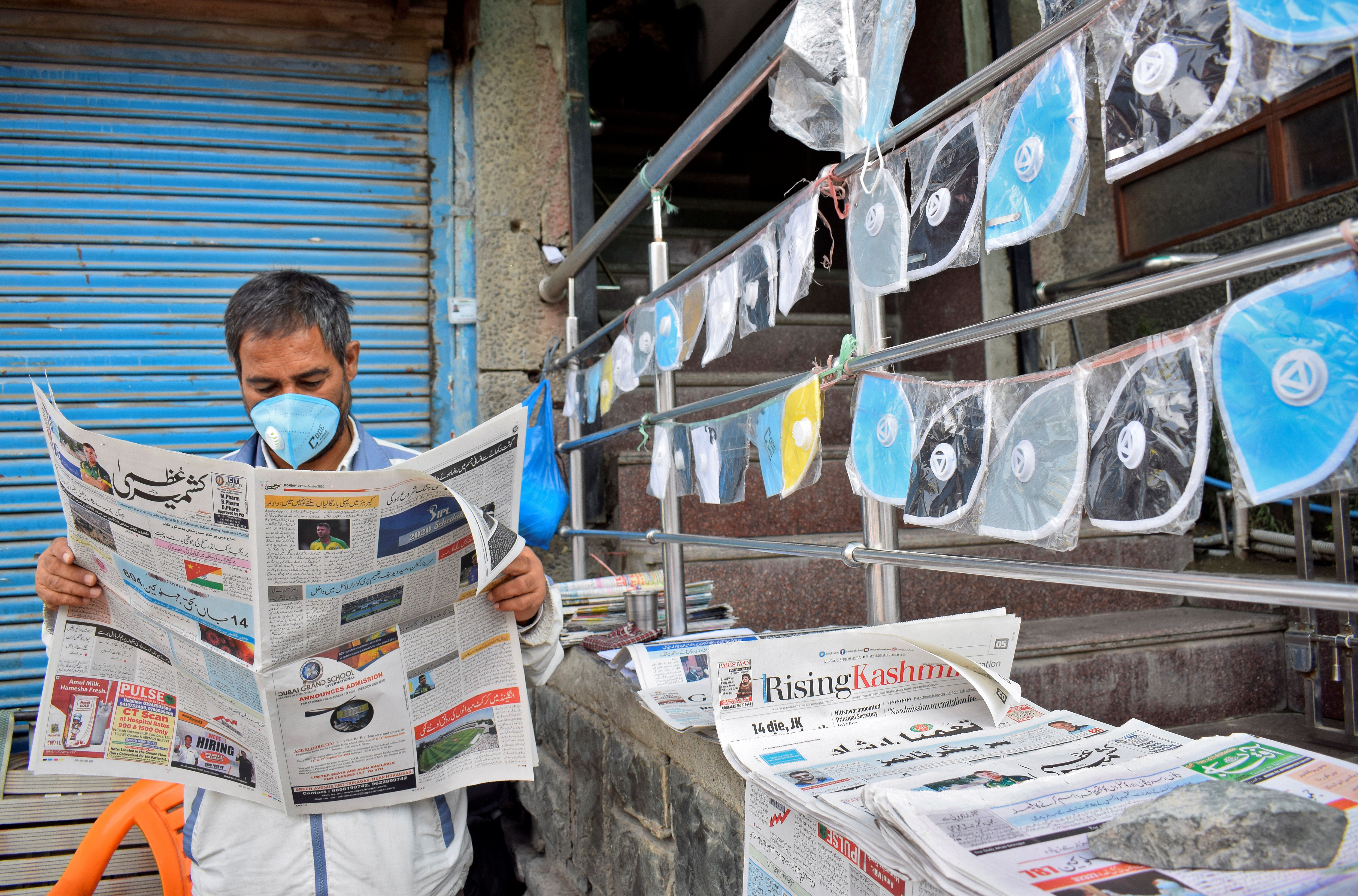
Our new system value framework can power the energy transition
Our newly developed system value framework has been designed to help decision-makers ensure the energy transition is efficient, effective and sustainable.
Our newly developed system value framework has been designed to help decision-makers ensure the energy transition is efficient, effective and sustainable.
Leaders can enhance the dignity that African American and Black employees feel at work and cultivate a culture of belonging by having open and honest conversations about race in the workp...
To fully support women and build a more resilient and inclusive post-COVID global economy, we must invest in women-led small and micro businesses (SMBs).
The pandemic has signalled the importance of real-estate transparency in the urban environment, and it is increasing globally with room for improvement.
Amidst lockdown in Southeast Asia, teens have used their spare time to learn digital skills in social media, online education and e-commerce buying.
On this first episode of Meet the Leader, IBM's Dario Gil explains why the world needs 'Science Readiness Reserves' to help prevent future crises.
Countries can use financial systems to encourage investments in green activities, thereby tackling both the debt and climate crisis all at once.
Technology can help global businesses measure sustainability and resilience, manage carbon emissions and accelerate the transition to a circular economy.
Only systemic change can right the wrongs of systemic racial and socio-economic inequalities.
Coronavirus has highlighted the need for preventative healthcare, an investment in healthy ageing and the critical role of technology in rebuilding health.
Collaboration and use of innovative technologies to address the disruption brought by COVID-19 to global supply chains could offer a better future model.
A new scheme allows farmers to put aside small amounts of cash during the dry season to pay for seed and fertilizer to increase harvests when the rains come.
The banking industry has to walk the tightrope of balancing relief with financial responsibility.
The pandemic has opened up an opportunity for international investors and companies to invest in infrastructure in emerging markets.
COVID-19 has caused an economic shock three times worse than the 2008 financial crisis - but the worst is probably behind us, according to Nariman Behravesh.














